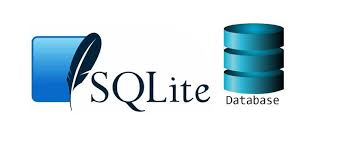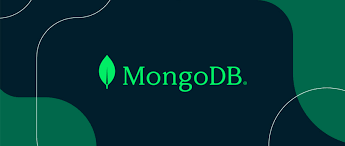If you’re stepping into the tech world, one of the first skills you’ll encounter is managing data. Databases are essential for storing and organizing information, and picking the right one as a beginner can feel overwhelming. Based on my personal experience, here’s a breakdown of some of the best databases for beginners, along with their advantages and a few considerations.
MySQL: The Beginner-Friendly Giant

As a beginner, MySQL is a fantastic choice. It’s easy to understand, widely used, and has a massive community. This means that if you hit a snag, finding solutions online is a breeze. MySQL integrates seamlessly with many programming languages and IDEs, making it a default choice for many projects.
Why MySQL is Great:
- Simple installation on your system or codebase.
- Excellent community support for troubleshooting.
- Widely supported across platforms and tools.
Considerations:
- MySQL can feel limited for very advanced use cases compared to some newer databases.
My experience with MySQL has been smooth, and I highly recommend it if you want to build confidence while learning database management.
SQLite: Lightweight and Straightforward

If simplicity is what you’re after, SQLite might be your best bet. It’s a lightweight database that’s perfect for small projects or learning the basics. Installation is a breeze, and it’s incredibly straightforward to use.
Why SQLite is Great:
- Lightweight and easy to set up.
- Ideal for small projects or learning environments.
Considerations:
- As the name suggests, it’s “lite,” so it’s not suitable for handling large amounts of data like MySQL.
For beginners looking to experiment without complexity, SQLite is a go-to choice.
PostgreSQL: The Rising Star

PostgreSQL, or Postgres, has been gaining popularity among companies for its robustness and flexibility. It’s a powerful database that supports advanced features like complex queries and data types. Learning Postgres is an investment in your future because many projects you’ll work on as a developer may already use it.
Why PostgreSQL is Great:
- Flexible and feature-rich.
- Increasingly adopted by companies.
Considerations:
- Slightly steeper learning curve compared to MySQL and SQLite.
Starting with Postgres gives you an edge for tackling real-world projects down the line.
MongoDB: The Choice for JavaScript Developers

If you’re a fan of JavaScript and full-stack development, MongoDB might be the database for you. It’s a NoSQL database, meaning it doesn’t rely on traditional tables and rows. Instead, it uses collections and documents, making it a perfect fit for handling unstructured data like JSON.
Why MongoDB is Great:
- Ideal for JavaScript-based projects.
- Excellent for working with unstructured data.
- Scales well for large applications.
Considerations:
- Can be challenging for beginners transitioning from relational databases like MySQL.
My experience with MongoDB has been exciting—it’s a refreshing change from traditional databases and works like a charm for modern web applications.
In conclusion, there’s no one-size-fits-all answer to the “best database” question. MySQL and SQLite are perfect for beginners due to their simplicity, while PostgreSQL and MongoDB offer more advanced features for when you’re ready to level up. Choose a database that aligns with your learning goals and project needs, and don’t hesitate to experiment—you’ll learn a lot along the way!
Thanks it was useful
Nice advice